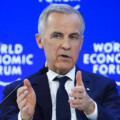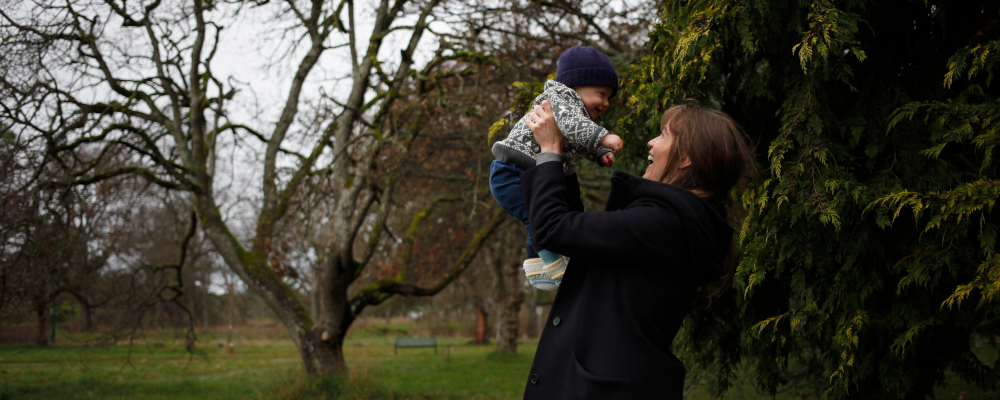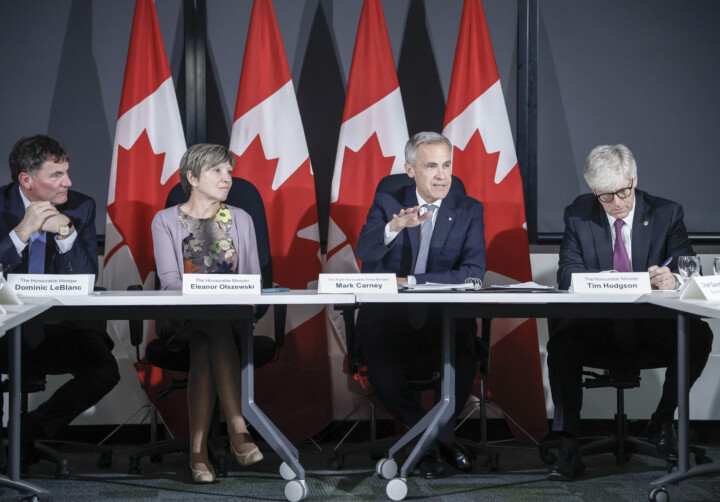In 2022, Canadian fertility hit its lowest rate ever at 1.33 per woman far below replacement level fertility of 2.1 children per woman, while 10 of 13 provinces also hit their lowest-ever levels.
There are various factors behind the decline in fertility rates. Cardus’ Lyman Stone has studied them in Canada and around the world. Some such as housing or childcare costs are susceptible to policy responses. Others such as secularization in particular or shifting societal values in general may be less so.
But there is a growing sense in policy and political circles that we ought to try something new. Declining fertility rates have various consequences, including a complete reliance on immigration for any population growth which, as Sean Speer has previously outlined for The Hub, comes with its own challenges.

As fertility rates have fallen in Canada and elsewhere, we’re seeing renewed interest in pro-natal policies to try to reverse these trends and boost birth rates. We’ve seen the adoption of such policies in countries such as Hungary, Poland, Greece, Japan, and Finland. In fact, more than one-quarter of UN countries have some form of pro-natalist policy (though more, incidentally, had policies to discourage fertility rates.)
The results of pro-natalism are a bit mixed. Research shows that pro-natal policy can boost fertility on the margins but at a high cost. As Stone outlined in a 2020 study for the pro-family Institute for Family Studies: “Pro-natal incentives do work: more money does yield more babies. Anybody saying otherwise is mischaracterizing the research. But it takes a lot of money.”
The key point here is that if Canadian policymakers wanted to boost birth rates, it would require something big and bold. The Canada Child Benefit and other family benefits are important for recognizing the unique costs of child-rearing and the positive externalities of kids. But they’re generally not big enough to induce changes in family planning or fertility rates.
It prompts the question: what might be sufficient to change families’ choices or perhaps bring them closer in line with their actual preferences?
Several years ago, now-Manhattan Institute president Reihan Salam wrote a slightly tongue-in-cheek essay in which he argued that childless households ought to pay higher tax rates. His basic argument was that there’s an inherent inequity between parents and non-parents including (but not limited to) the notion that children themselves will be future taxpayers. However, one can support lower tax rates for parents without necessarily endorsing higher taxes on non-parents.
One radical idea would be to grant an income tax exemption for women on the basis of the number of children that they have. For one child, a one-year exemption would be granted, two kids would be granted a four-year exemption, three kids would be given ten years of tax-free status, and an exemption for life would be granted if they have four or more children.
Exemptions would be applied when mothers return to work, and not during a maternity leave, ensuring the program is fair to moms and provides tangible benefits. An income-tax exemption would create a progressively scaling benefit to having more children, allowing for more money to be kept at home to pay for the costs of a growing family.
It would also provide an incentive to return to work as well, for eligible women wouldn’t be taxed on their income. This would help to ensure that women don’t face a disincentive if they choose to return to the workplace. We don’t want pro-natalism to reverse the tremendous progress of female participation in the labour force.

The inherent incentive in such a bold proposal could be powerful. Even at three children (which according to the 2021 Census, presently represents 1,132,605 families), a ten-year income tax exemption would likely have a significant signaling effect for families to have more children and for women to realize the benefits by ultimately returning to work.
Although such a policy would lower revenues for federal and provincial governments, it would potentially pay (in full or in part) for itself through future tax receipts, including toward the long-term sustainability of the Canada Pension Plan. The short-run losses in other words would be offset by more future taxpayers.
Once such a policy was in place, it would be politically impossible to remove. New parents who would be expecting their benefit would revolt against a party or government that took it away. This kind of long-term stability is exactly what people need to make life choices about marriage and family formation. A high level of trust is required, and this kind of political lock-in will provide just that. It would also, in theory, increase the political participation of parents with young kids, which similarly strikes us as a healthy development in light of recent commentary about “a family unfriendly” culture.
Birth rates are hard for public policy to change. But it doesn’t mean that we shouldn’t try. Canadian policymakers should be bold. It would be good for families and the country as a whole.
Recommended for You

Carney’s dime-store realpolitik makes Canadians feel good—but that’s not enough

High-speed rail won’t save Canada

How the West lost control of immigration, crime, and antisemitism

‘There is a sense of disorder’: How dramatic shifts in immigration, crime, and antisemitism are changing the West




